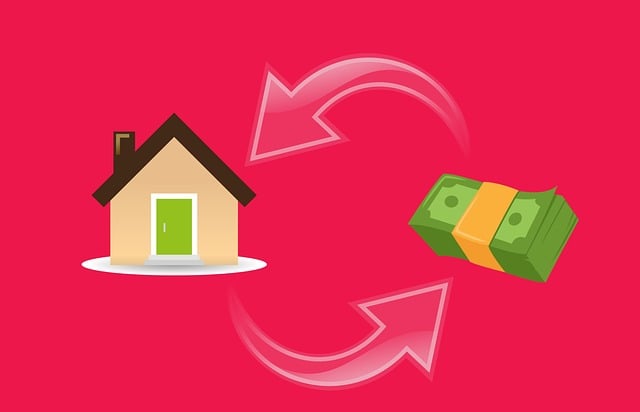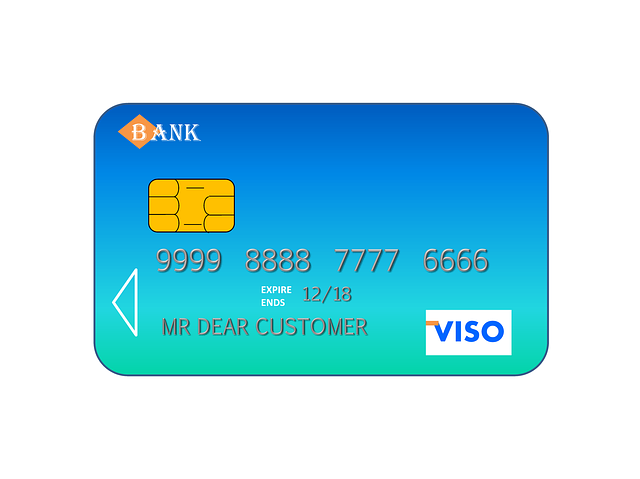Debt consolidation loans merge multiple debts into one with fixed rates and lower monthly payments, aiding budget adherence and faster debt repayment. Evaluate long-term costs, including interest and fees, to find the best value. Compare loan types based on creditworthiness, debt levels, and financial goals. Prioritize lender reputation and read fine print to avoid unexpected charges. Explore alternatives like home equity loans or credit counseling for better terms and lower monthly payments.
Considering a debt consolidation loan to simplify your finances? It’s a powerful tool, but understanding low-fee options is crucial. This guide navigates the process, from grasping basic concepts to exploring alternatives. Learn how to compare fees and interest rates, assess repayment terms, and check creditor credibility. By following these steps, you can secure a debt consolidation loan with manageable monthly payments, tailored to your needs, and avoid hidden costs.
- Understand Debt Consolidation Loan Basics
- Evaluate Loan Fees and Costs
- Compare Interest Rates and Terms
- Assess Loan Repayment Options
- Check Creditor Reputation and Reviews
- Explore Alternatives to Traditional Loans
Understand Debt Consolidation Loan Basics

Debt consolidation loans are designed to simplify your repayment process by combining multiple debts into a single, more manageable loan with a fixed interest rate and potentially lower monthly payments. This can make it easier to stick to a budget and pay off your debt faster. Before applying for a debt consolidation loan, it’s crucial to understand the basics, such as interest rates, terms, and fees.
When considering a debt consolidation deal, look beyond just the low fees. Examine the overall cost over time, including interest rates and any additional charges. Compare monthly payments across different lenders to ensure you’re getting the best value for your money. Remember that the right loan for you will depend on your creditworthiness, the amount of debt you have, and your financial goals. Opting for a home equity loan for debt consolidation can be attractive due to potentially lower rates, but it’s a significant decision that involves risking your home as collateral.
Evaluate Loan Fees and Costs

When shopping for a debt consolidation loan, understanding the associated fees and costs is paramount. These can significantly impact your overall financial health and the ease with which you repay your debts. Start by comparing the interest rates offered by different lenders, keeping in mind that lower rates translate to less money spent over time. Additionally, scrutinize any upfront or hidden fees, such as application charges or appraisal fees. Some lenders may also charge origination fees, which can vary based on the loan amount.
Evaluating the terms and conditions of the loan is equally crucial. Look at the repayment schedule and calculate your estimated monthly payments to ensure they align with your budget. Remember, a good debt consolidation loan should help you save money by consolidating multiple debts into one manageable payment. Estimate your potential savings by comparing these new, consolidated monthly payments against your previous multiple debt payments. This will give you a clearer picture of the financial relief a debt consolidation loan can offer, especially for those with low income or bad credit looking for low income debt consolidation loan options.
Compare Interest Rates and Terms

When shopping around for a debt consolidation loan, comparing interest rates and terms is non-negotiable. This is your primary metric for determining both the cost and impact on your budget. Interest rates, expressed as an annual percentage rate (APR), reflect the fee you pay to borrow money. Lower rates mean less expense over time. Pay close attention to how these rates are calculated, especially if they vary based on your credit score.
Terms refer to the length of the loan and when payments begin. Short-term loans have higher monthly payments but lessen interest paid overall. Longer terms reduce each month’s burden but extend the time you’re tied to debt. Balance your comfort with debt repayment against the total savings from lower rates. Top tips for debt consolidation success involve understanding these dynamics, ensuring you find the best debt consolidation deal that aligns with your financial goals and allows for manageable monthly payments. Remember, debt relief through consolidation loans is only effective if it fits your budget and helps you avoid future financial strain.
Assess Loan Repayment Options

When considering a debt consolidation loan, understanding your repayment options is key. Evaluate the available terms and conditions to find a plan that aligns with your financial capabilities. Many lenders offer flexible schedules for debt consolidation loans monthly payments, allowing borrowers to spread out their repayments over an extended period. This can significantly reduce the burden of high-interest charges often associated with multiple debts.
Assessing the feasibility of different loan repayment structures is one of the top tips for debt consolidation success. Compare interest rates and terms from various lenders to find the best debt consolidation deal. A secure debt consolidation loan, based on your creditworthiness, can offer more favorable conditions, ultimately saving you money in the long run. Ensure you read through all the fine print to grasp any associated fees or penalties before committing to a specific repayment plan.
Check Creditor Reputation and Reviews

When considering a debt consolidation loan, it’s crucial to assess the lender’s reputation and track record. Start by checking online reviews from previous borrowers to gauge their experiences with the creditor. Reputable lenders will have a consistent history of positive feedback regarding transparent practices, low fees, and fair terms. This step is vital as it helps protect you from potential scams or hidden charges that could increase your overall debt burden.
Additionally, understanding the interest rates offered, especially those for fixed-rate debt consolidation loans, can significantly impact your long-term financial outlook. Comparing these rates with the current market trends and your expected monthly payments will empower you to make an informed decision. Remember, a credible lender should strive to help you get out of debt faster while minimizing associated costs, so choose wisely.
Explore Alternatives to Traditional Loans

When exploring how to choose a debt consolidation loan with low fees, it’s important to consider alternatives to traditional loans. Many individuals in the UK are discovering that innovative financing options can provide significant savings on their monthly payments and offer better terms for consolidating their debts. One such alternative is a home equity loan for debt consolidation, which uses your property as collateral. This approach can result in lower interest rates and more flexible repayment terms compared to conventional debt consolidation loans.
Additionally, there are various non-lending forms of debt help UK available that could be beneficial. Credit counseling agencies offer guidance on managing debts and negotiating with creditors for reduced interest rates or extended repayment periods. These options may not involve direct borrowing but can still provide much-needed relief from overwhelming debt payments. By evaluating these alternatives, you can make a more informed decision about the best way to secure a debt consolidation loan that aligns with your financial needs while keeping fees low and monthly payments manageable.
When considering a debt consolidation loan, it’s crucial to balance low fees with favorable interest rates and terms. By thoroughly evaluating each lender’s costs, including origination fees and hidden charges, you can find a debt consolidation loan that aligns with your budget. Compare monthly payments, repayment terms, and choose a lender with a proven track record of positive customer reviews. Remember, exploring alternatives like credit card balance transfers or peer-to-peer lending can also offer competitive rates and lower fees, making it beneficial to weigh all options before committing.
